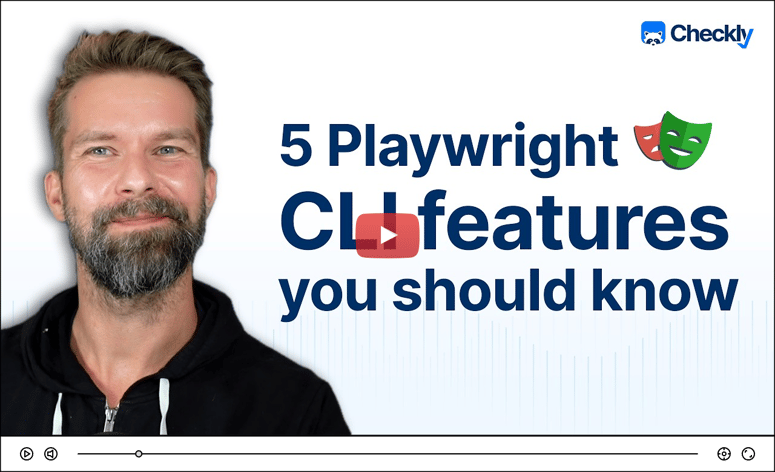Overview
In the previous part, we've already covered how to setup, and encode our user object. There are still some parts missing, how do we decode and send the token, and how it will affect our API endpoints to be faster and more efficient.
The functions already there, in app/controllers/concern/Authentication.rb, we already have, decode, current_user, get_token, we gonna use them here.
Authenticating the Requests
We will need to create a new endpoint, for the first case, let's create a GET /users/me API endpoint.
rails g controller v1/UsersController
It will create a ruby file, app/controllers/v1/users_controller.rb
module V1
class UsersController < ApplicationController
def me
if current_user
render json: { user: current_user }, status: :ok
else
render json: { error: "Invalid token" }, status: :unauthorized
end
end
end
end
Update the Routes Config
namespace :v1 do
resources :auth, only: [:create]
resources :users, only: [] do
collection do
get :me
end
end
end
To recall, in the 1st part, we already create the current_user function in Authentication module, basically they just decode the token from the Authorization header, and will throw unauthenticated http error when token is not present or invalid.
Testing
Like we do in the first part of this article,
curl -X POST "http://localhost:5000/v1/auth" -H "Content-Type: application/json" -d "{\"email_address\": \"two@example.com\", \"password\": \"password\"}
If everything going right, we should get the token in the response body:
{"token":"<AUTH_TOKEN>"}
Get the current user object
Now, let's shoot the GET /users/me API endpoint, e.g, using curl:
curl "http://localhost:5000/v1/users/me" -H "Authorization: bearer <AUTH_TOKEN>"
Since we are logged in using two@example.com user email address, we should expect that from the response body:
{
"user": {
"id": 298486374,
"email_address": "two@example.com"
}
}
Of course, the user id can be different.
Source Code
The code available in the GitHub repository: https://github.com/ruwhan/rails_jwt, I also add a simple case how to use current authenticated user related with other models.
Conclusion
In this 2nd part of the article, we learn how JWT can eliminate database access to check authenticated user, while using some library that has token based authentication, we check database each time we want to get the current logged in user.




Top comments (0)